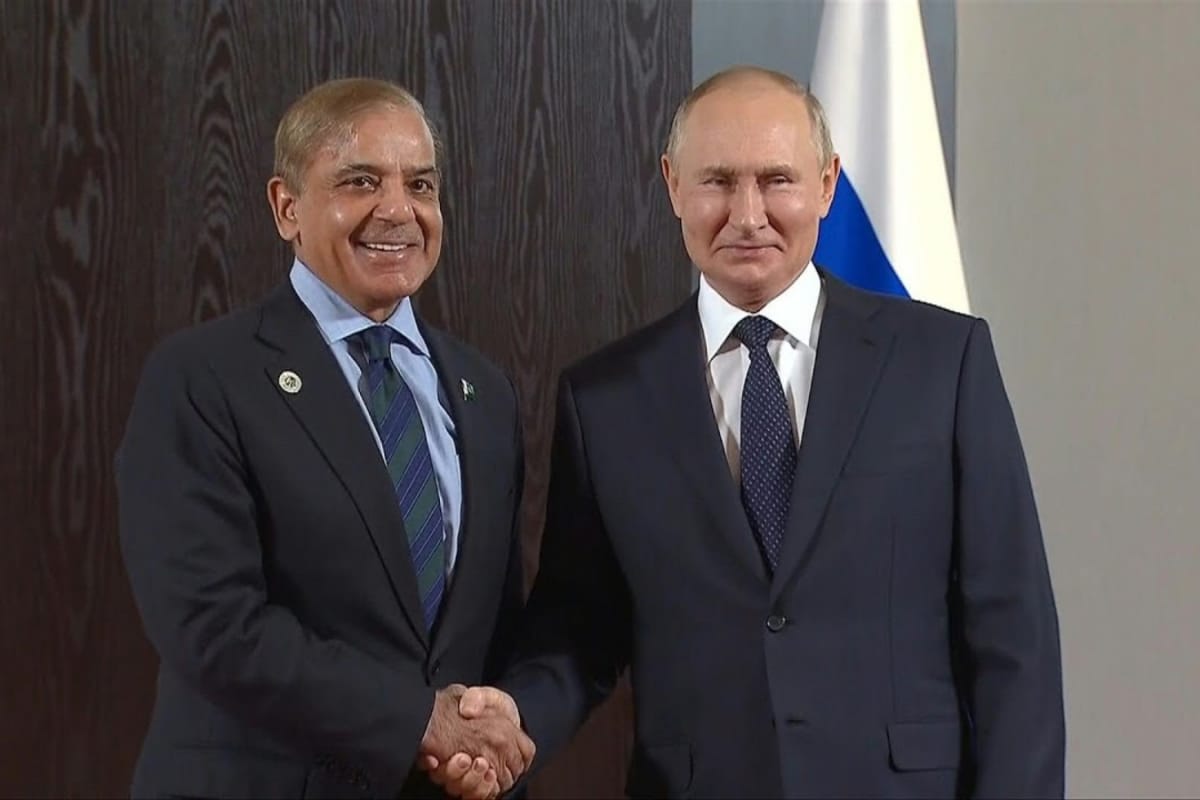

Following the recent Operation Sindoor, and the heightened tensions with India, Pakistan has sought Russia's diplomatic intervention to help de-escalate the crisis. This move highlights Pakistan's efforts to leverage its relationship with Russia amid a challenging geopolitical landscape.
The request for Russian assistance came in the wake of India's "Operation Sindoor," which involved strikes on alleged terrorist infrastructure within Pakistan and Pakistan-administered Kashmir. India justified these strikes as a response to the deadly April 22 attack on tourists in Pahalgam, Indian-administered Kashmir, in which 26 people were killed. An armed group called The Resistance Front (TRF), claimed responsibility for the Pahalgam attack. India claims that the TRF is an offshoot of Pakistan-based armed group, the Lashkar-e-Taiba (LeT). Islamabad has denied its involvement in the Pahalgam attack and has asked for a neutral investigation into the incident.
Pakistan's reaction to "Operation Sindoor" was strong, condemning the strikes as a "blatant act of war" and reserving the right to respond appropriately. Pakistan also blamed India for the deaths of civilians in the strike, including women and children. The situation led to a dangerous escalation, with both sides exchanging fire and trading accusations.
Amid these escalating tensions, Pakistan's ambassador in Moscow has turned to Russia for diplomatic intervention. Ambassador Mohammad Khalid Jamali cited Russia's historical role, referencing the Tashkent Declaration, and its strong ties with both nations as qualifications for mediation. In an interview with Russia's TASS news agency, Jamali expressed Islamabad's hope that Moscow could play a mediating role, invoking Russia's historical involvement during past Indo-Pak conflicts.
Russia has a history of maintaining relations with both India and Pakistan, often navigating a delicate balancing act. While India and Russia share a long-standing strategic partnership, Russia has also sought to develop closer ties with Pakistan in recent years. This has included defense cooperation agreements, joint military drills, and energy projects.
Russia's response to the recent crisis has been cautious, with Moscow expressing deep concerns about the situation and urging both countries to show restraint. The Russian Foreign Ministry has stated that it hopes the differences between New Delhi and Islamabad will be resolved through peaceful, political, and diplomatic means on a bilateral basis, in accordance with the provisions of the Simla Agreement of 1972 and the Lahore Declaration of 1999.
While Russia has offered to contribute to a political settlement if both sides are mutually willing, it remains to be seen how actively Moscow will engage in mediating the crisis. India has traditionally been wary of third-party mediation in its disputes with Pakistan, particularly regarding Kashmir, insisting that these issues should be resolved bilaterally.
The request for Russian intervention also comes at a time when there are reports of growing economic ties between Russia and Pakistan. Pakistani media recently reported that Moscow and Islamabad are working on expanding industrial collaboration by establishing new steel mills in the country. These reports have raised concerns in some quarters about the potential implications for India-Russia relations.
However, Russia has downplayed these reports, with sources in Moscow dismissing claims of a "multibillion-dollar contract" and accusing elements in Pakistan of trying to disrupt the strong India-Russia strategic partnership. Russia has reassured India that its ties with Pakistan operate within the Shanghai Cooperation Organisation (SCO) framework and do not undermine India-Russia relations.